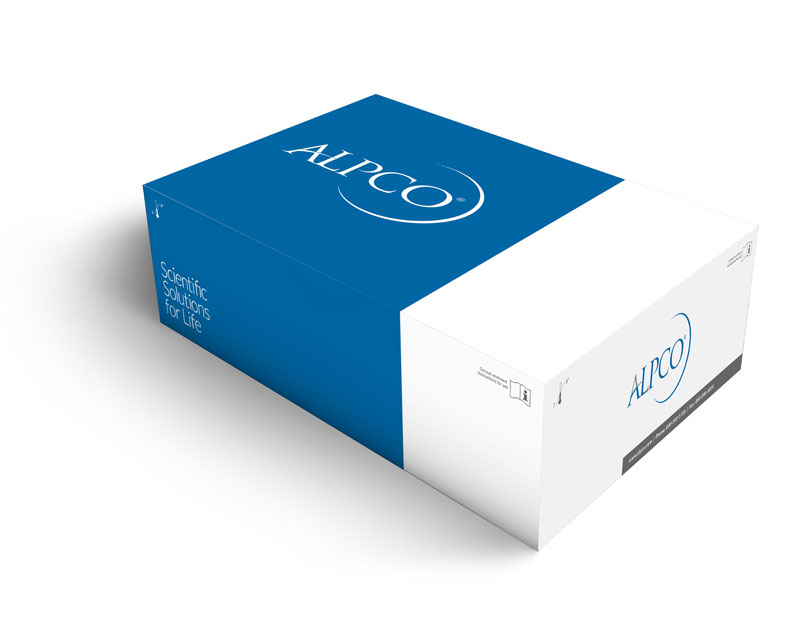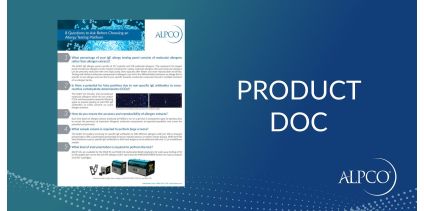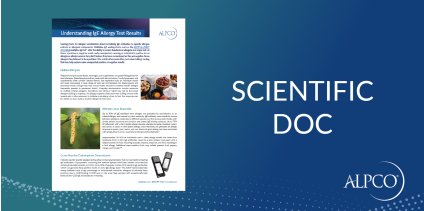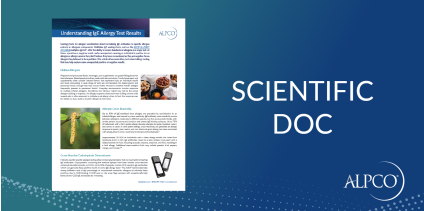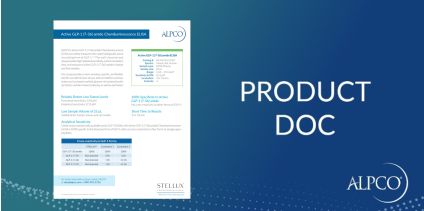Osteocalcin ELISA (1-43/49)
The Osteocalcin ELISA (1-43/49) is for the quantitative determination of both human carboxylated osteocalcin (1-43) (N-terminal or mid-regional) and human osteocalcin (1-49) (intact) in serum or plasma.
- Includes standards and controls
- Short incubation time under 2 hours
- Detects both carboxylated and noncarboxylated forms of Osteocalcin
Research Use Only. Not for Use in Diagnostic Procedures.
Osteocalcin [also as bone Gla protein (BGP)] is a major noncollagenous protein found in bone and dentin manufactured by osteoblasts. The synthesis of osteocalcin involves vitamin K and vitamin D3. Freshly synthesized osteocalcin is partly released into the bloodstream and partly incorporated into the bone matrix.
Intact osteocalcin is prone to degradation, both endogenously and after sample collection. The 1-43 fragment is more stable than the intact molecule, making the combined measurement less susceptible to differences caused by degradation of the intact molecule over time (as well as controlling for differences in sample processing and handling). In addtion, the ratio of the fragment (1-43) to intact (1-49) may differ from sample to sample, so measuring the total pool may be more meaningful from a physiological standpoint.
Research area interests include bone formation, opsteoprosis and bone formation drug effectiveness, metabolic disorders, and diabetes.

